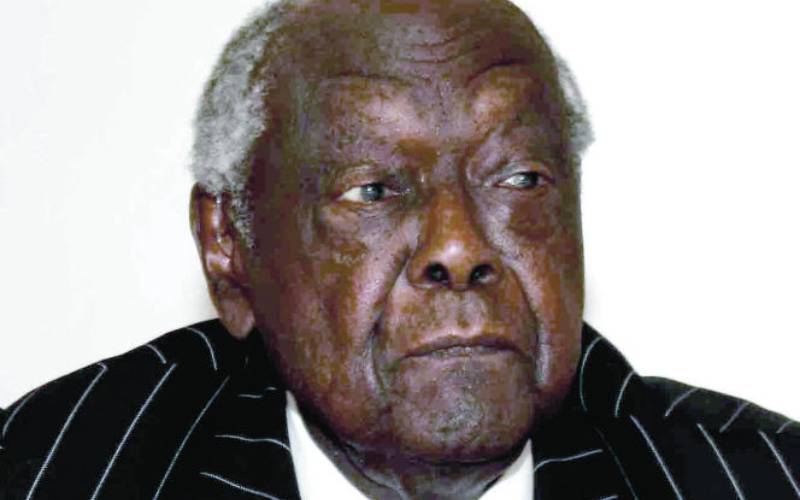
When Eliud Mahihu died in 2013, Charles Mugane Njonjo ironically lamented what a pity it was that the former powerful provincial commissioner had gone without telling the world about the events that had occurred immediately following the death of the first president of Kenya, Mzee Jomo Kenyatta.
“He was the only man who was with Mzee when he died and so the only one who knew exactly the circumstances under which the president died. He was also the man who secretly arranged for the body to be flown to Nairobi," Njonjo would say of Mahihu in an interview years later. Mzee died in Mombasa in August 1978.